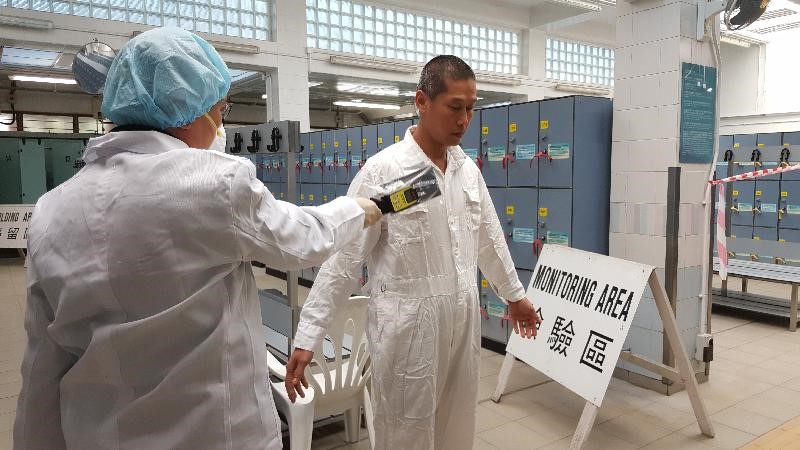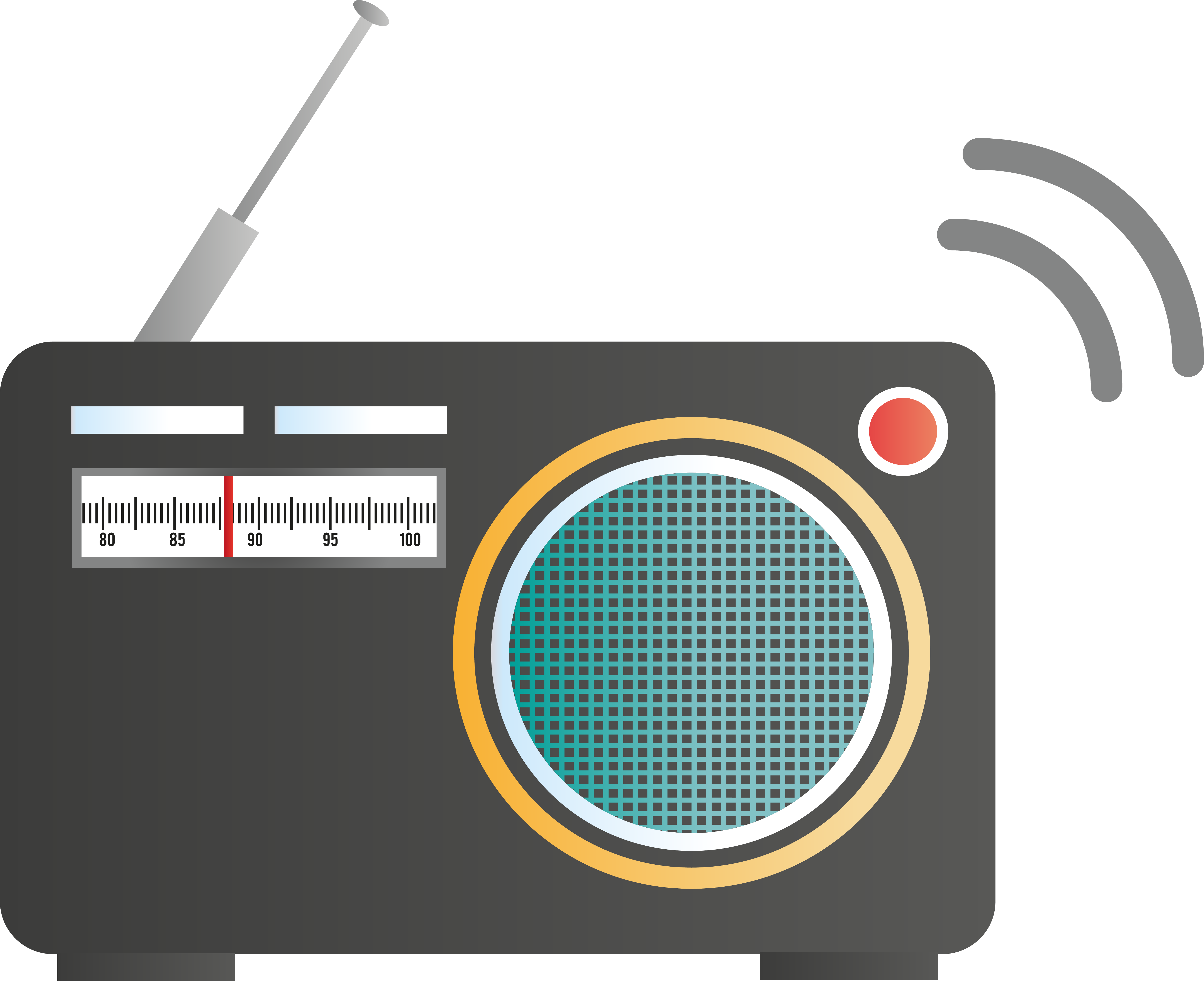What Should I Do in Case of Nuclear Emergency?
In the unlikely event of a nuclear emergency, you should:
- Don’t panic. Act in a calm and rational manner. Often in emergency, the effect of panicking is worse than the emergency itself.
- Listen to television and radio announcement and follow the instructions (including protective actions and avoiding consumption of contaminated food), if any.
- Not fall victim to rumours.
|
|
|
|
What is Evacuation in a Nuclear Emergency Situation?
Evacuation is an urgent protective action; it is the urgent, temporary removal of people from an area to avoid or reduce radiation exposure in an emergency.
What is the Goal of Evacuation?
The objectives of evacuation are to avoid or minimise effects from short-term exposure by inhalation of airborne radioactivity, by external radiation from the radioactive cloud and external radiation from radioactivity deposited on the ground. This protective action will prevent the exposure from radioactivity in air (cloud shine, inhalation) and direct contamination if carried out before any release.
Do I have to Evacuate in a Nuclear Emergency Situation?
It is not envisaged that a nuclear accident at Daya Bay will give rise to the need for evacuation of people in Hong Kong. As a precautionary measure, only residents and visitors on Tung Ping Chau and vessels in Mirs Bay within 20 km from Daya Bay may be evacuated.
What is Sheltering in a Nuclear Emergency Situation?
Sheltering is staying in a house or building with windows and doors closed and outside air vents shut, can be an effective emergency response to a radiation release.
What is the Goal of Sheltering?
Based on the wind and other weather conditions, radiation plume could pass through the area very quickly and staying in a shelter can effectively reduce the exposure. Sheltering may also be the preferred action in cases where bad weather, for example a rainstorm, prevents efficient evacuation. You might be told to shelter for a period until the weather conditions allow the evacuation could be effected.
What Should I Do if I am Asked to Take Shelter during the Passage of a Plume?
It is not envisaged that a nuclear accident will give rise to the need for sheltering for areas along the plume pathway beyond 20 km from Daya Bay.
If you are advised to remain indoor during the passage of a plume (which may last for a few hours depending on the weather conditions), you should -
- Close all windows and doors.
- Turn off the air exchange setting of heaters, air-conditioners and any other air exchange ventilation systems.
- Listen to radio and TV announcements or check the Government’s websites or mobile apps for emergency information.
- Avoid using telephones, including mobile phones, to prevent overloading of the system and interference with emergency communication.
Should I Use a Thyroid Blocking Agent?
Radioactive iodine is among the most common fission products released in a nuclear accident. People in close vicinity of an accident site and emergency responders may be exposed to significant level of radioactive iodine. Infants and young children are the more susceptible groups. Thyroid blocking agents (i.e. stable iodine) taken before or within a few hours of the arrival of the plume can effectively block the thyroid gland’s uptake of radioactive iodine and so reduce the risk of thyroid cancer.
The Government has stockpiled thyroid blocking agents for emergency use. If needed, the Government will make an announcement and give instructions. Emergency response departments will distribute the thyroid blocking agents for use by specific groups of people.
The prudent assessment is that only evacuees from Tung Ping Chau and Mirs Bay and emergency responders involved in the evacuation may need thyroid blocking agents. In view of possible side effects, people should only use thyroid blocking agents when advised by the Government.
What is Decontamination?
If persons evacuated are found to be contaminated by radioactive substances, decontamination procedures will follow. Simply by changing clothes and wiping the skin with clean paper towels should remove most of the contamination. This may be followed by showering if necessary. The Government will set up Monitoring Centres to provide assistance to contaminated persons and carry out decontamination as needed.
Will Contaminated Persons or Objects Affect Other People?
The chance of occurrence of an off-site nuclear emergency at Daya Bay is extremely small. However, in the event of such a nuclear emergency, there is a possibility that persons or objects in the close vicinity may be contaminated by radioactive substances released off-site.
Radiological contamination, unlike infectious agents, is usually not readily transferable, will not multiply over time, and will reduce significantly over time owing to radioactive decay and basic personal hygiene measures. It is very unlikely for contaminated persons or objects to cause harm to others.


.png)

